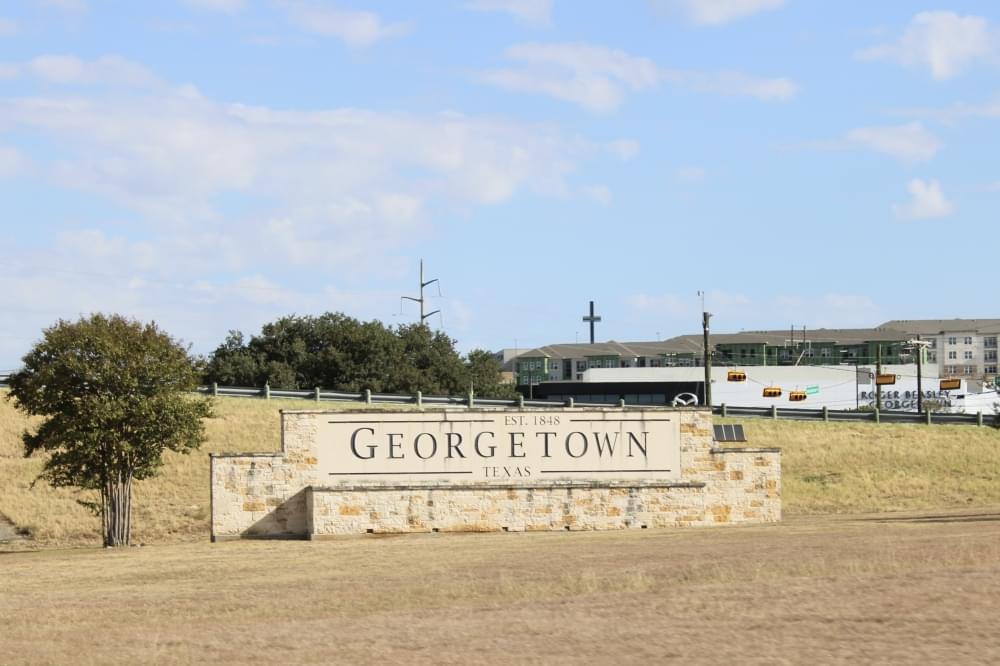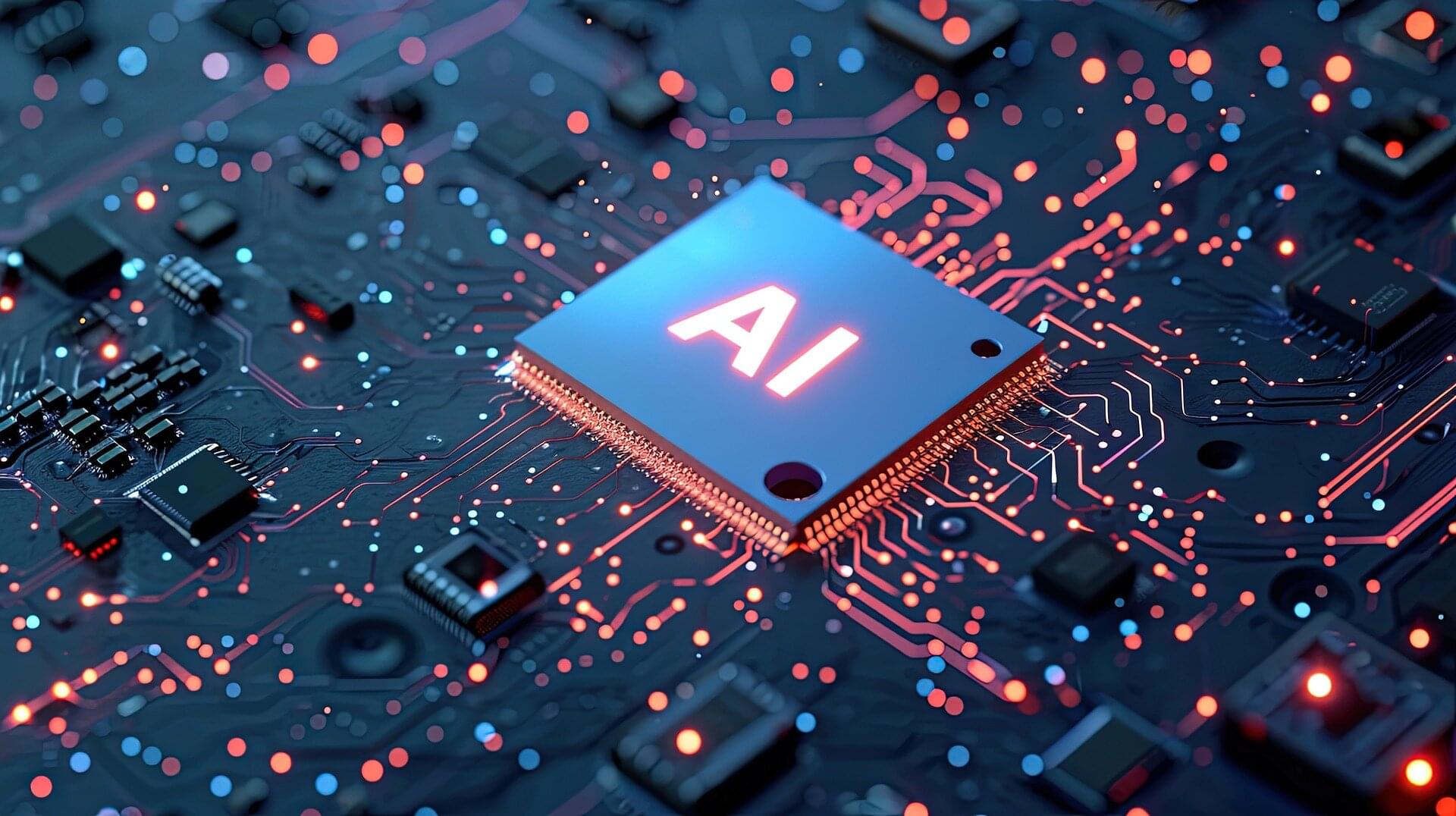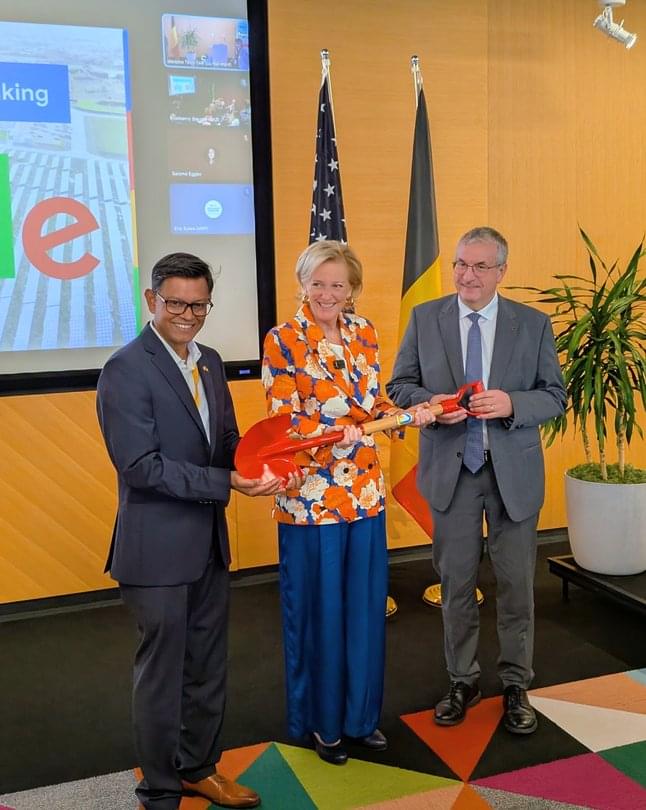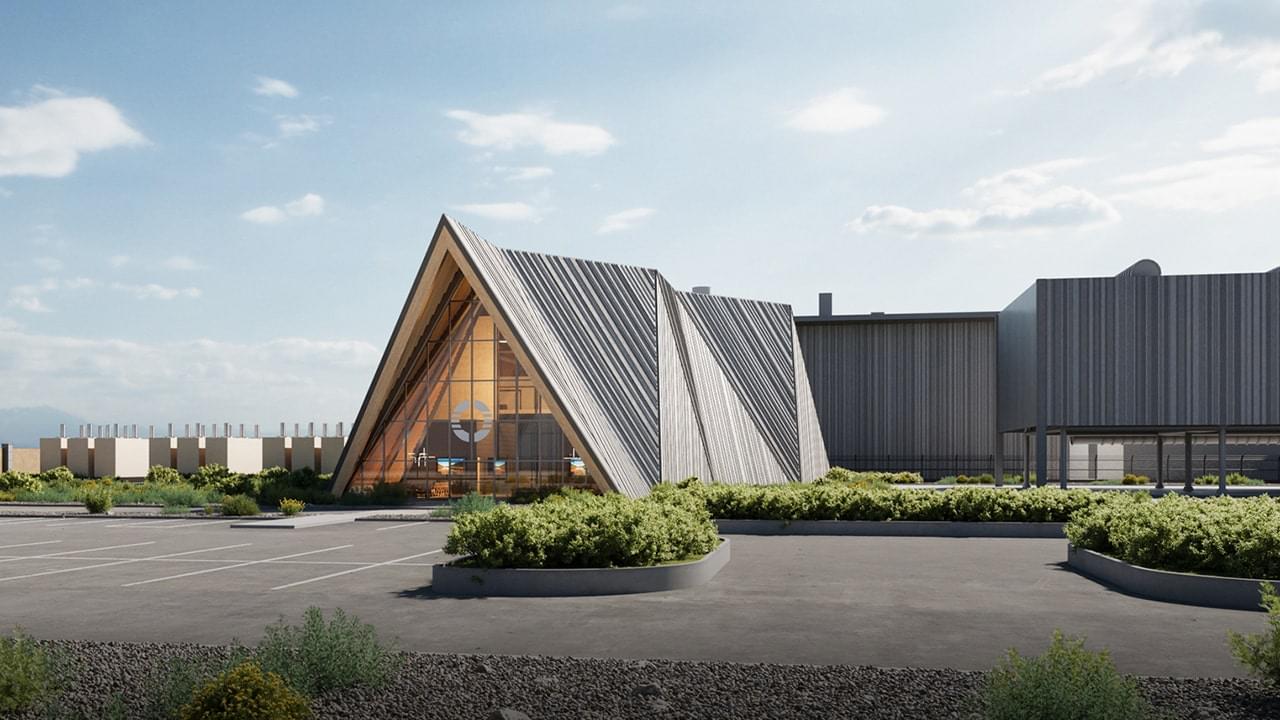What if instead of replacing us in our jobs, AI-enabled robots were to help us become the best versions of ourselves? Prompted by the ageing crisis and a projected shortfall of carers, a research team in Japan is seeking to create a new robotic paradigm, where AI-enabled robots help us to help ourselves.
“By 2050, I’d like to realize a smarter, more inclusive society, where everyone will be able to use AI robots anytime and anywhere,” says Yasuhisa Hirata, a mechanical engineer at Tohoku University in Sendai, Japan1. Hirata is the project manager on the ‘Adaptable AI-enabled Robots to Create a Vibrant Society’ project of the Japanese Government’s Moonshot Research and Development Program.
He envisages future AI-enabled robots functioning somewhere between a carer and a coach — a tool that can provide support, but which makes users feel as though they are performing tasks independently rather than being assisted by a robot. Such tasks might range from people standing up out of a chair, lifting a heavy object, or expressing themselves through dance.







